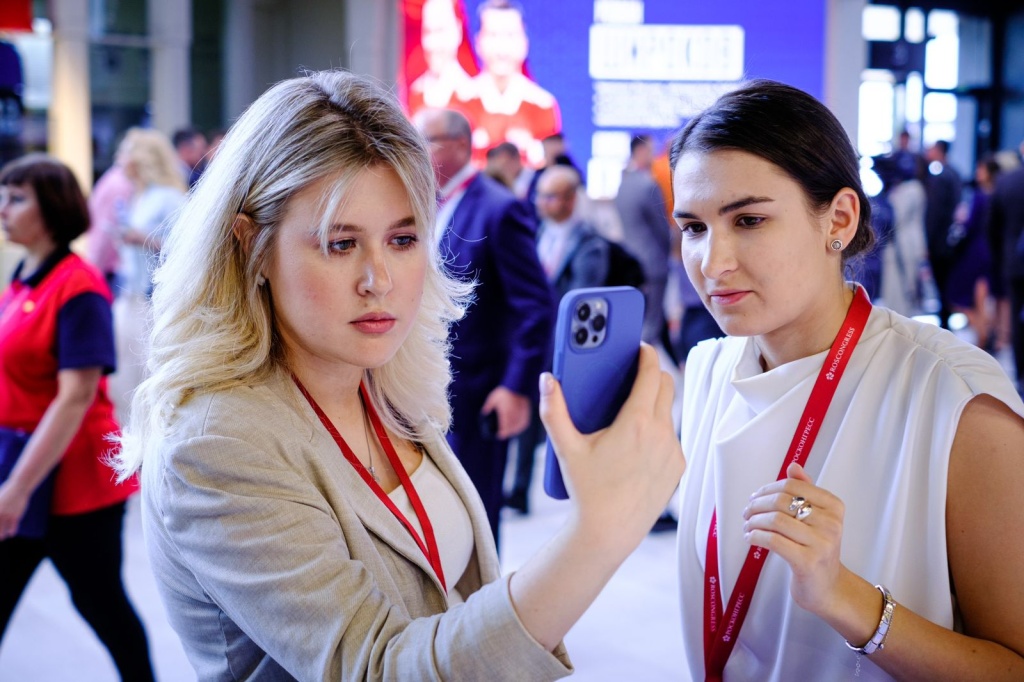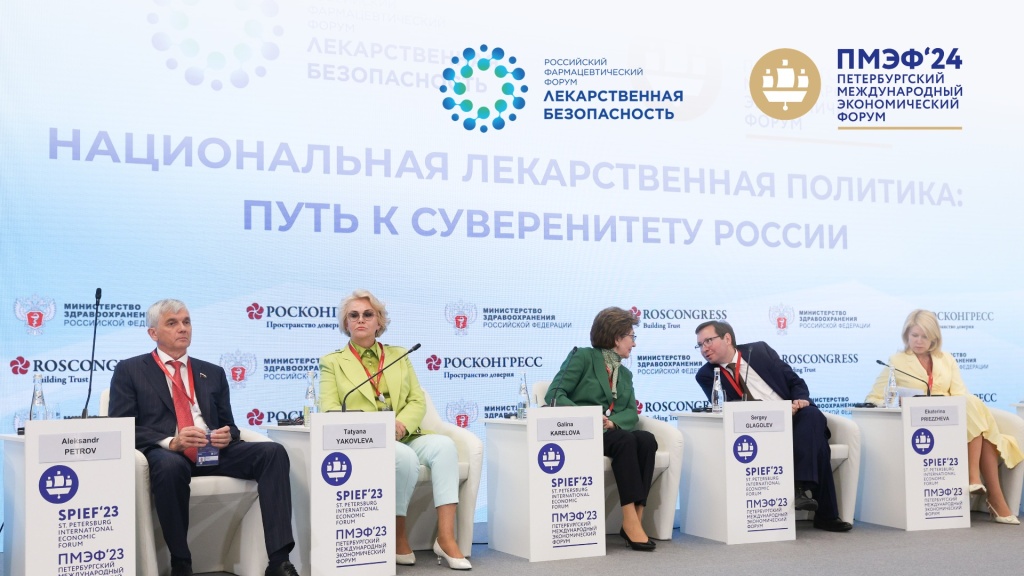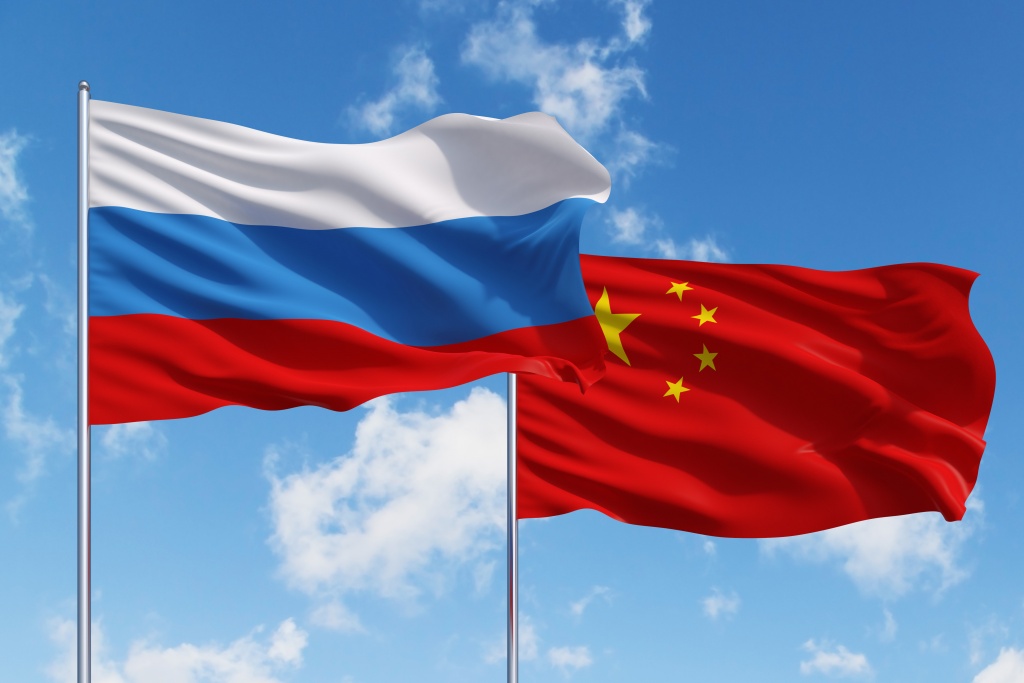
‘People-less’ Scenarios and Industry: How the Internet of Things Will Develop in Russia After the COVID-19 Pandemic
The Roscongress Foundation, the Innovation Space project, and Data Economy held an online breakfast dedicated to the topic ‘The Internet of Things During the Pandemic.’ Meeting over a morning cup of coffee, experts and market leaders discussed the current nature of the Internet of Things (IoT), potential applications for the technology in various industries, and the IoT's usefulness as a ‘cure’ for the economic effects of the coronavirus.
Russia’s Path
IoT technology is pertinent, not just because of developer decisions, but because of current global circumstances. “The coronavirus has demanded the rapid reconstruction of manufacturing lines. Things that were once considered hype have now become vital,” said the event’s moderator Roman Yakovlev, Director of IT Infrastructure at Data Economy, as he opened up the discussion.
Roman also noted that the ‘Framework for the Creation of Narrowband Wireless IoT Communication Networks in Russia,’ developed by Ministry of Digital Development, Communications and Mass Media of the Russian Federation, was approved on 29 March 2019. The framework touches on industry-specific factors and currently discusses the following sectors: housing and public utilities, transport and logistics, industry, healthcare, and agriculture. The industrial sections of the framework are open for edits, which is reflected in the framework implementation roadmap.
Nikita Utkin, Head of Programmes at Russian Venture Company and Chairman of Technical Committee 194 on Cyber and Physical Systems, described the existing Internet of Things standards in Russia. He notes that, in Russia, regulation is delegated to businesses, and that businesses understand why this technology is necessary. The expert described two potential paths for the development of IoT in Russia: creating a completely original model and promoting it or copying existing best practices from abroad. “We, however, are choosing the middle path and trying to facilitate the interoperability of solutions being distributed nationally with those being developed elsewhere in the world. We are also trying to integrate national developments into the international system,” said Utkin during the broadcast.
The IoT Market in Russia
In response to the question of how the Internet of Things has developed in Russia over the last two years and how the production trends for this technology differ from those of leading industrial countries, Director of the Internet of Things Association Andrei Kolesnikov noted that Russia is slightly lagging behind leading countries for economic reasons, but that the solutions, technologies, protocols, and standards in Russia are the same as they are in Europe. He reports that, according to the IDC, the IoT market in Russia was worth USD 3.7 billion in 2018, not including in-house solutions.
According to Alexey Rokotyan, Head of Product Development Strategy at ER-Telekom Holding, the Internet of Things market is currently in the process of forming. “At the same time, there's not a single industry that has remained unaffected by the use of the Internet of Things,” said Rokotyan.
“The most interesting projects for investors are located at the intersection of various industries or technologies, and they enable a comprehensive integration of processes going on in several industries,” agreed Gleb Boreskov, head of a project to organize a dedicated fund to support innovative projects in the fields of navigation and communication technology, the Internet of Things, artificial intelligence and microelectronics (GLONASS). Among prospective approaches is investing in projects that create small services that are in demand in multiple industries and that can be used as bricks to build a number of specialized solutions focused on niche markets on one platform.
IoT is More Than Telecommunications
Alexey Rokotyan believes that the telecommunications aspect of the Internet of Things is minimal, though the framework considers the IoT a telecommunications market. “Consumers don't need data transfer technology, they need solutions. In reality, the entire Internet of Things market is an end-user solutions market,” said Rokotyan.
MTS representative and Director of the Internet of Things Department and the M2M Block of Digital Business Solutions Mikhail Kozlov agreed. According to Kozlov, networks and operators are an important component of the Internet of Things, but they are not the only one. Operators are responsible for increasing coverage, but their portfolios also include applied solutions that collect and store data. “MTS has over 30 various products related to the Internet of Things. However, we are also interested in ensuring that our Internet of Things platform and our Cloud (which is increasingly important during this pandemic) is accessible to external developers,” said Kozlov during the online breakfast.
What Comes After the Coronavirus?
Taking current economic and epidemiological circumstances into consideration, it is impossible not to discuss the pertinent issue of the pandemic’s effect on the development of IoT technologies and products. “Because of the current low base level, the Internet of Things market will definitely grow after the coronavirus, but that growth will not be what analysts expected,” predicts Alexey Rokotyan.
“With the coronavirus, when people are losing their jobs against their will, it begs the question of if enterprises will opt for a transition to ‘people-less’ scenarios or try to preserve jobs,” said Alexander Smolensky, Deputy General Director and Business Development Director at Zyfra. For example, autonomous vehicles will appear earlier in the industrial sector than the public sector, said the expert. “Industry is very conservative, there are uncontrollable risks that occur during the transfer of data about operations related to, for example, state secrets.”
“The COVID-19 pandemic will force a shift from capital-intensive projects to remote management solutions,” said Andrei Kolesnikov.
A complete recording of the remote discussion can be found on the Roscongress Foundation's YouTube channel and on the Data Economy channel.








